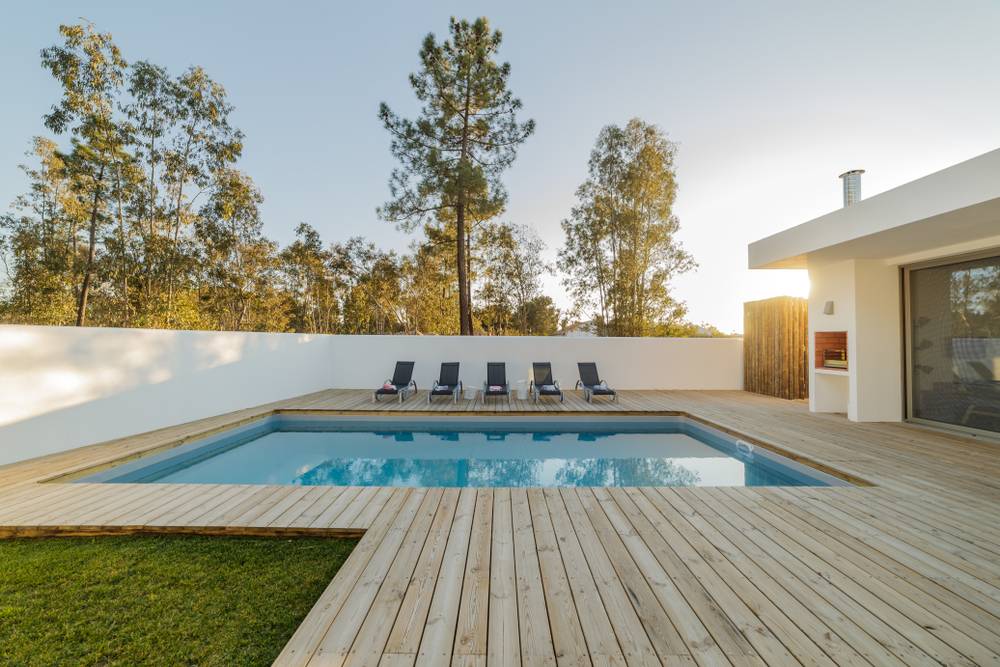- Apr 21, 2020
- 1,208
- Pool Size
- 22000
- Surface
- Fiberglass
- Chlorine
- Salt Water Generator
- SWG Type
- Pentair iChlor 30
I know the popular opinion around here is that phosphates are not a problem if the water is properly balanced. But that is the key words - properly balanced. If the pool for some reason becomes out of balance, you can get algae because food (phosphate) is available. I've only had an issue one time with algae which happened from unfortunate timing. It was probably about 8 years ago. I decided to pressure wash my concrete deck and used a concrete cleaner that had phosphates. I sent the levels high in my pool from overspray. Then I left for a week vacation and let my neighbors use the pool. The chlorine levels got out of whack and I got an algae bloom. I learned two things. One is never use a phosphate cleaner around a pool. Another is to not let the levels of phosphate get too high because there are a lot of things that can get a pool out of balance. The common one for my pool is summer torrential rains that will sometimes almost overflow my pool.


